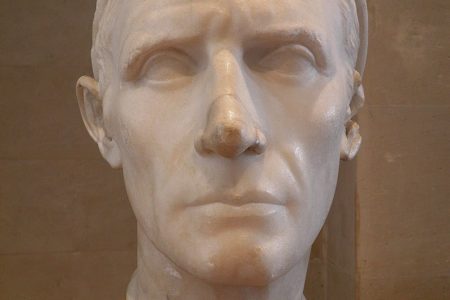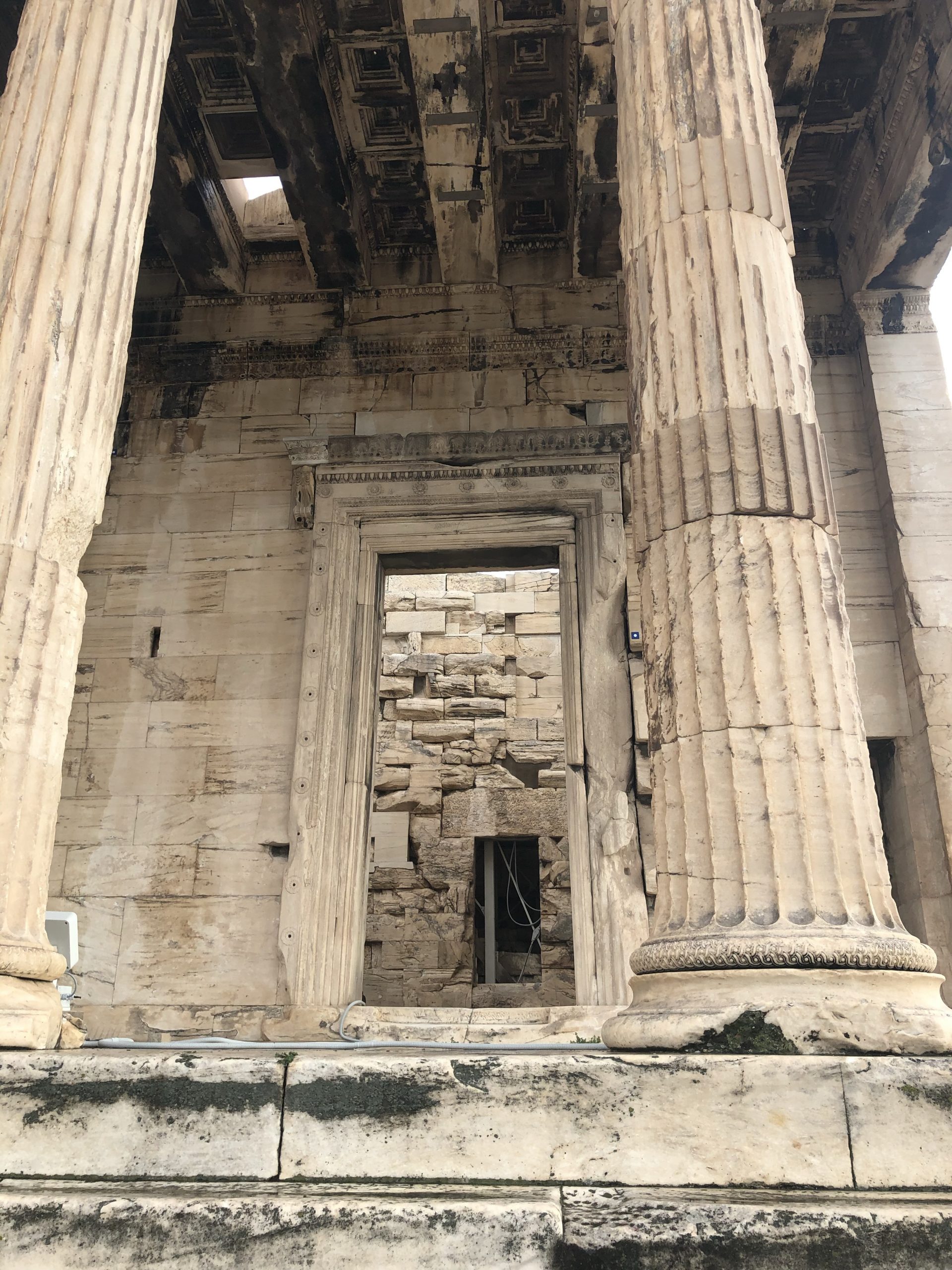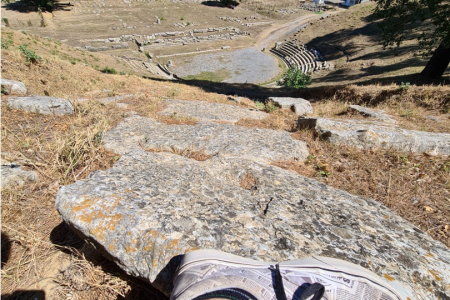We have now reached the eleventh part of the series on the use of mythological kinship in Greek diplomatic interaction. Since most of the sources come from the epigraphic material of the Hellenistic period, we have already looked several times at how mythological kinship was used by cities in that period in their interactions with …





